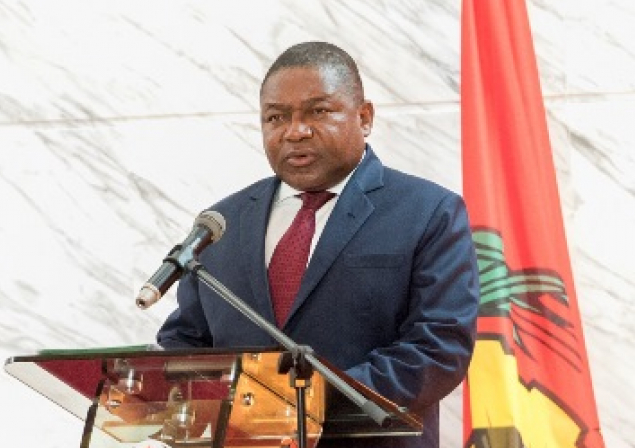Mozambican president planning Russia visit – FM | RT report
Filipe Nyusi promulgates the renewed statute of judicial magistrates

File photo
Under powers assigned to him by the Constitution of the Republic, President Nyusi has promulgated and published the Statute of Judicial Magistrates and the law defining the organisation, composition, functioning and competencies of the tax courts in Mozambique.
Besides halving the 60 day vacations of judicial magistrates, the new statute provides for the decentralisation of decision-making power over requests for probation, a competence that was restricted to the provincial courts, which in some cases contributed to the occurrence of irregularities, such as breach of pre-trial detention periods.
The change from 60 to 30 days’ vacation for judicial magistrates is essentially to prevent the courts from being paralysed for a long period of time, which contributes to the delay in resolving certain cases brought before them.
In addition to contributing to the resolution of overcrowding because of delays in handling, for example, requests for parole, the law clarifies the situation of the elected judges and the circumstances in which their presence is mandatory.
On the tax courts, the law establishes that the court will be constituted by three judges, against the old custom of a judge and two officials of the Tax Administration (TA), which had raised doubts about the impartiality, independence and effectiveness of justice, as well as the need to harmonise with other courts of administrative, tax and customs jurisdiction.
The tax courts remain collegial, but judgement in specific matters will fall within the jurisdiction of a single judge
The instrument also clarifies the competencies and functions of representatives of the Public Ministry and National Treasury.
The counselors are no longer to be part of the tax courts and will return to AT, but with their acquired rights safeguarded.












Leave a Reply
Be the First to Comment!
You must be logged in to post a comment.
You must be logged in to post a comment.